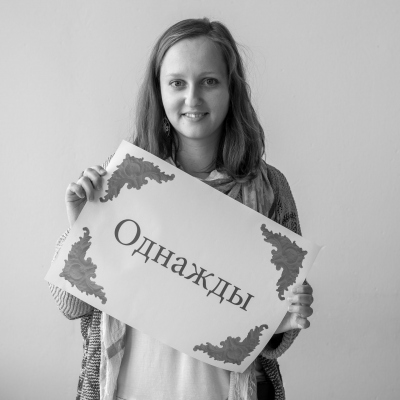- Once Upon a Time
- Team
- Valeriia Kirillova
Valeriia Kirillova
Originally from Russia, I did my underground studies in Analytical Chemistry (Saint Petersburg State University) but switched to Polar and Marine Sciences for my masters. I was lucky to participate in the German Russian international master program POMOR (http://pomor.spbu.ru/), where I was introduced to German and European science systems as well as to new for me topic - polar research. I became fascinated by Arctic and everything that was connected to marine sciences and could not imagine myself choosing another path. This is how I ended up in Bremen working on my PhD project in MARUM. I managed to combine my passion for polar sciences and geochemical expertise and was analyzing radiogenic isotopes (Sr, Pb, Nd) on marine sediments from the Baffin Bay to reconstruct the paleoclimate patterns and North American ice sheet extents within the last deglacial. Not only I was able to work on this exciting topic, but also won a “jackpot” for PhD students: the project was a part of ArcTrain graduate school – training program for young polar researchers. I believe being a part of the graduate school provides numerous benefits for students. Scientific and soft-skills trainings, field trips, joint meetings, and conferences, and in the end – for me the most rewarding result – a wide international network of arctic science professionals and friends.
During the PhD times I started to get to know another side of the science world – the side of science communication, outreach, and management. Step by step I started to get involved: working on ArcTrain Blog, outreach brochure... Then I discovered project “Once Upon A Time” last year and could not avoid getting involved. I realized, although I still like science in its strict sense, this is what I enjoy doing the most: improving communication between scientists, science world and public world, “spread the word”. Therefore now, after finishing my PhD, I am excited to develop this interest into a career.
I believe, writing stories which can show kids (and adults!), how our world is build and what do scientists work on, to ignite interest – is one of the best methods of reaching out to people and involve into this adventure of studying our planet. There is always more that we can do, but I am positive, this project is a good start!



